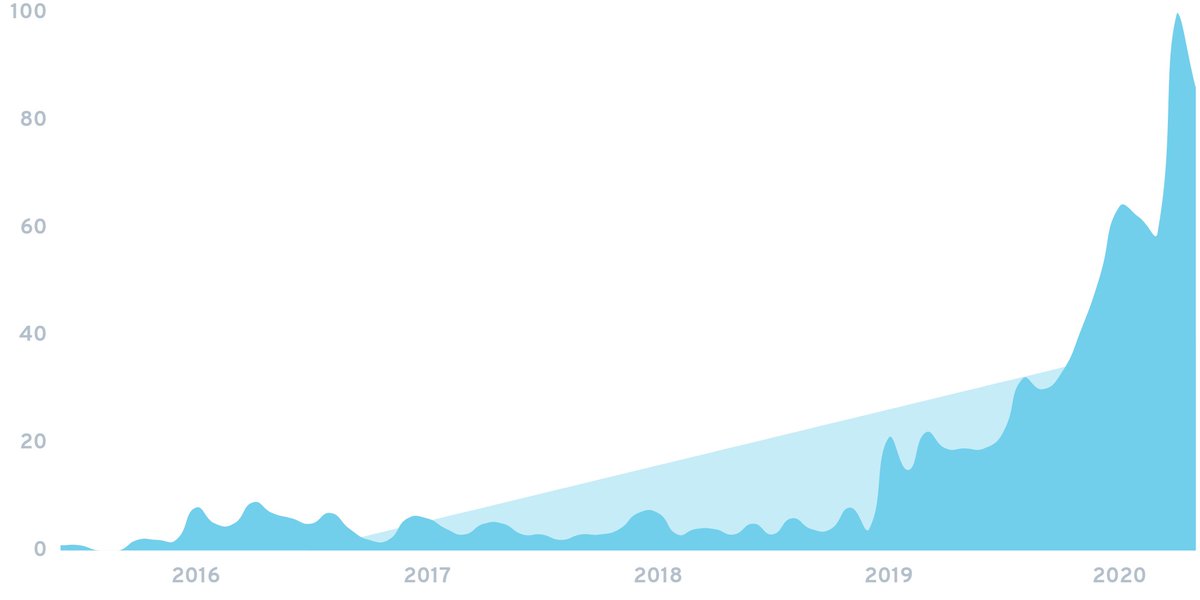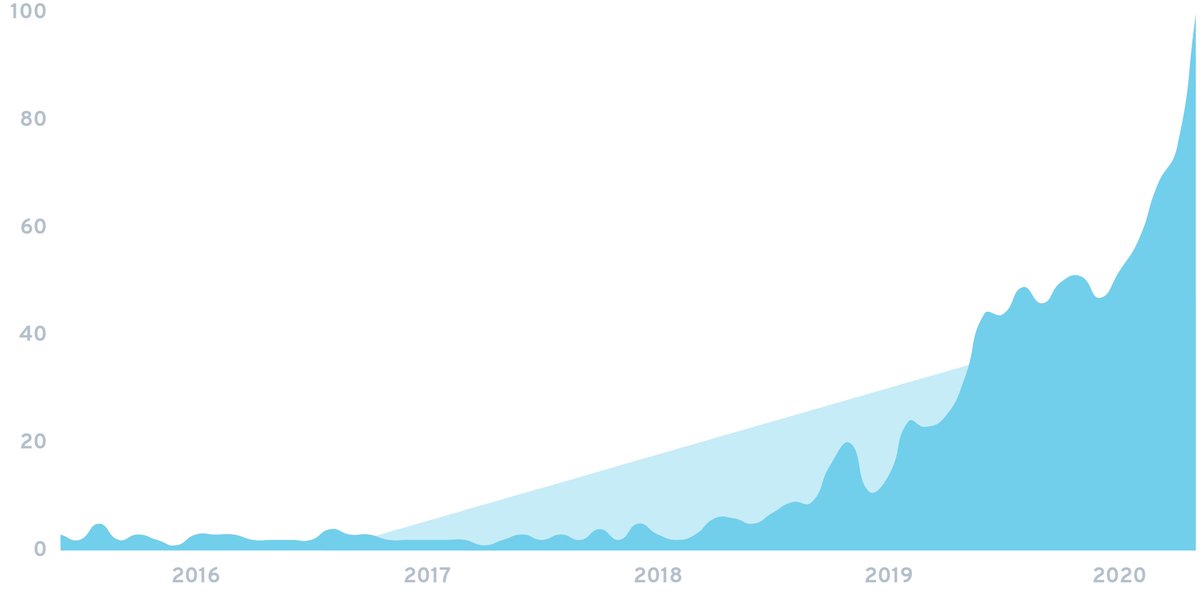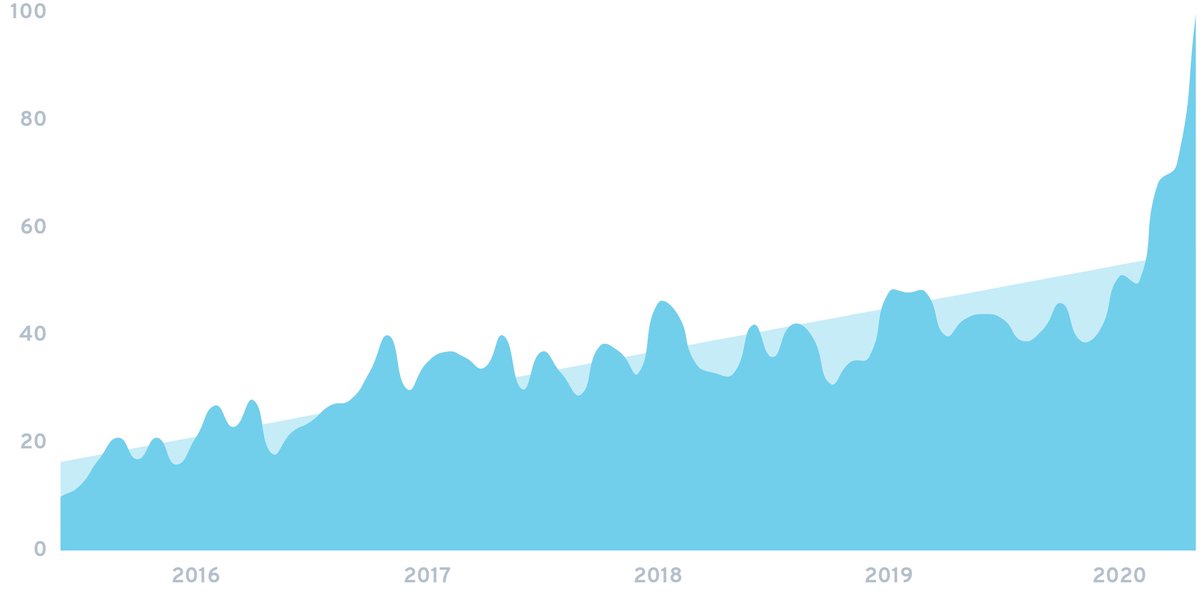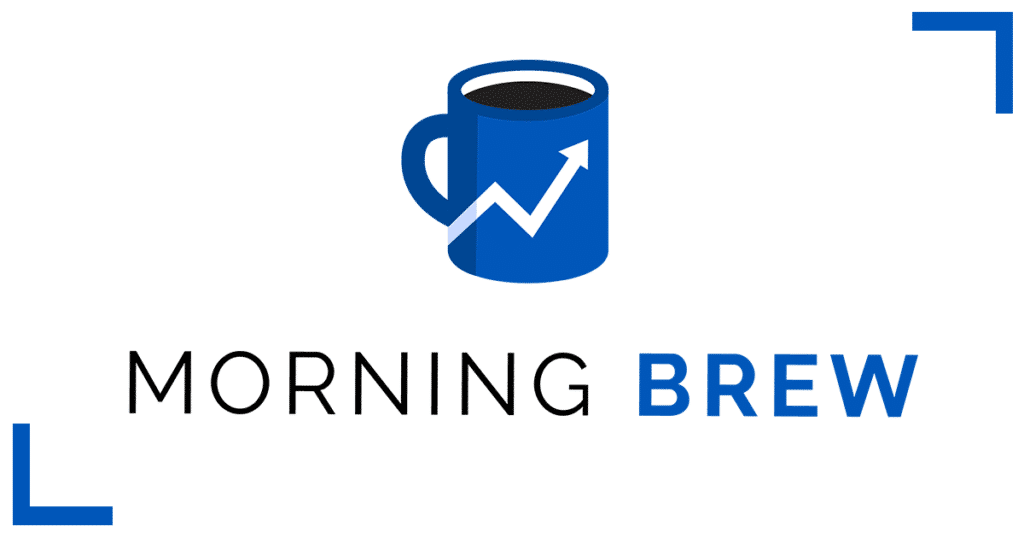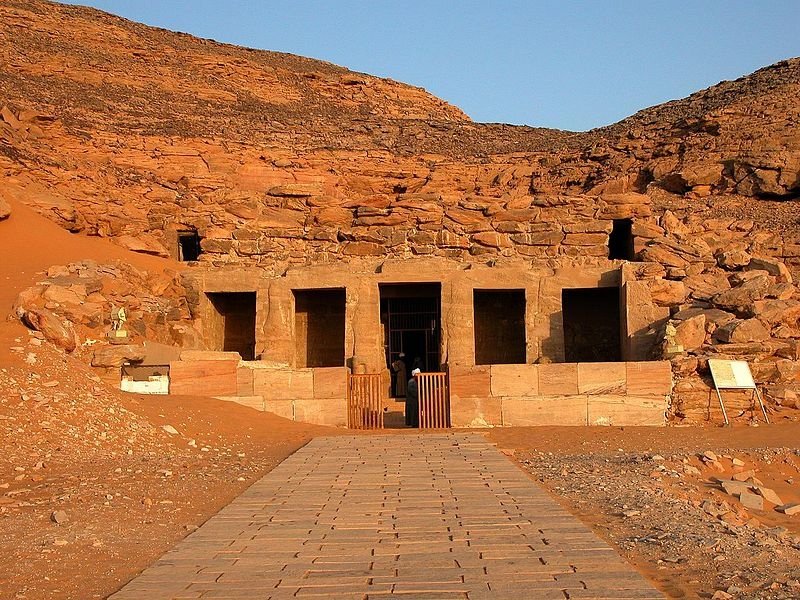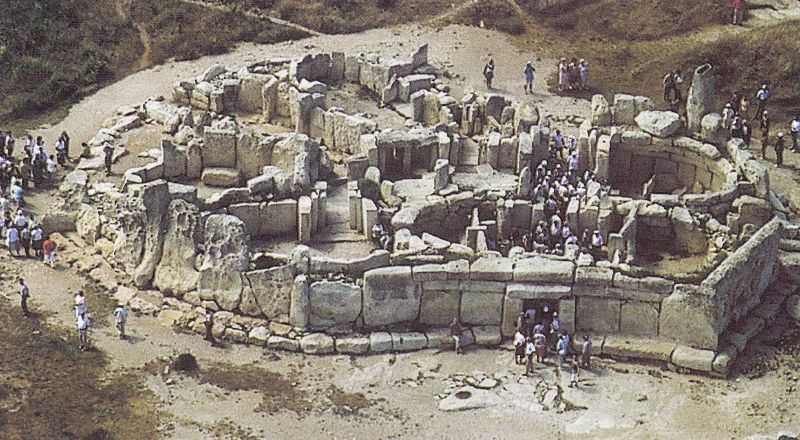But I got a lot of inbound asking about the product and found myself stumbling into meetings with people with no real goal.
What I learned from raising my first seed round.
This isn’t a how-to guide, that may come later. This is just a story and observations from my own experience.
See, I didn’t know what I was doing at all...
But I got a lot of inbound asking about the product and found myself stumbling into meetings with people with no real goal.
I’m not from SF. I’m from small town Missouri. I didn’t have connections.
But I did spend a lot of time making internet friends. It’s what I’ve done my whole life. In particular friends in @genzmafia
And met a lot of connected people thanks to @ItzSuds. He also got me on clubhouse.
In there I started talking to people and met @YousifAstar
He taught me how to be intentional with raising instead of stumbling into meetings.
I blocked off two weeks and got started.
2. You want to find people to get intros to these investors
3. Schedule all your meetings in a 2 week window
4. Pitch your heart out. And remember it’s about your story and your team more than your numbers
5. Close!
Though one person also deserves a lot of credit in this story and that’s Sahil..
He just liked what we were building and believed that we could make it. He was our first big check in.
In fact, it doubled.
This all happened in 24 hours and was very overwhelming... See, now I had to learn to tell people no.
Additionally you now have to pick your partners. Who do you want by your side for life? Don’t rush these decisions.
15-20% dilution is Good
20-25% dilution is Okay
25% + dilution is Bad
We ended up only taking 1.5 of the 4
And avoid any red flags like the plague. Regardless of how much money they want to give you.
They will be with you for life!
Hiring, Organizing, Managing, Shipping is much much much harder than raising.
But I know from the other side raising can look like a big mountain to pass.
We can go over investors, pitch, materials, or even the little nuances like what to say in emails 😆
More from Startups
You May Also Like
Like company moats, your personal moat should be a competitive advantage that is not only durable—it should also compound over time.
Characteristics of a personal moat below:
I'm increasingly interested in the idea of "personal moats" in the context of careers.
— Erik Torenberg (@eriktorenberg) November 22, 2018
Moats should be:
- Hard to learn and hard to do (but perhaps easier for you)
- Skills that are rare and valuable
- Legible
- Compounding over time
- Unique to your own talents & interests https://t.co/bB3k1YcH5b
2/ Like a company moat, you want to build career capital while you sleep.
As Andrew Chen noted:
People talk about \u201cpassive income\u201d a lot but not about \u201cpassive social capital\u201d or \u201cpassive networking\u201d or \u201cpassive knowledge gaining\u201d but that\u2019s what you can architect if you have a thing and it grows over time without intensive constant effort to sustain it
— Andrew Chen (@andrewchen) November 22, 2018
3/ You don’t want to build a competitive advantage that is fleeting or that will get commoditized
Things that might get commoditized over time (some longer than
Things that look like moats but likely aren\u2019t or may fade:
— Erik Torenberg (@eriktorenberg) November 22, 2018
- Proprietary networks
- Being something other than one of the best at any tournament style-game
- Many "awards"
- Twitter followers or general reach without "respect"
- Anything that depends on information asymmetry https://t.co/abjxesVIh9
4/ Before the arrival of recorded music, what used to be scarce was the actual music itself — required an in-person artist.
After recorded music, the music itself became abundant and what became scarce was curation, distribution, and self space.
5/ Similarly, in careers, what used to be (more) scarce were things like ideas, money, and exclusive relationships.
In the internet economy, what has become scarce are things like specific knowledge, rare & valuable skills, and great reputations.


